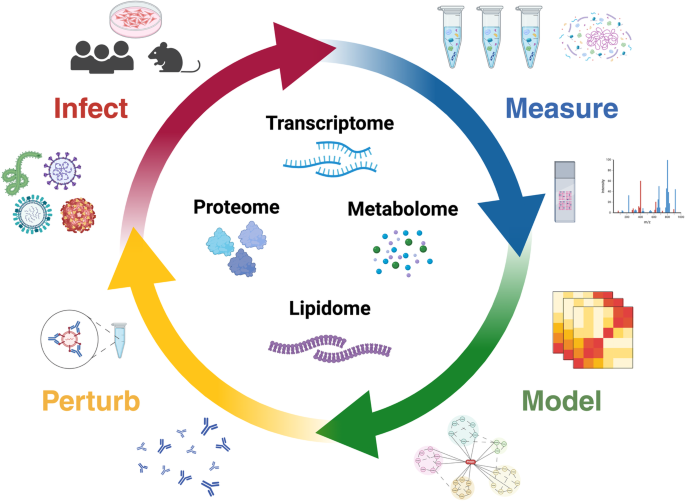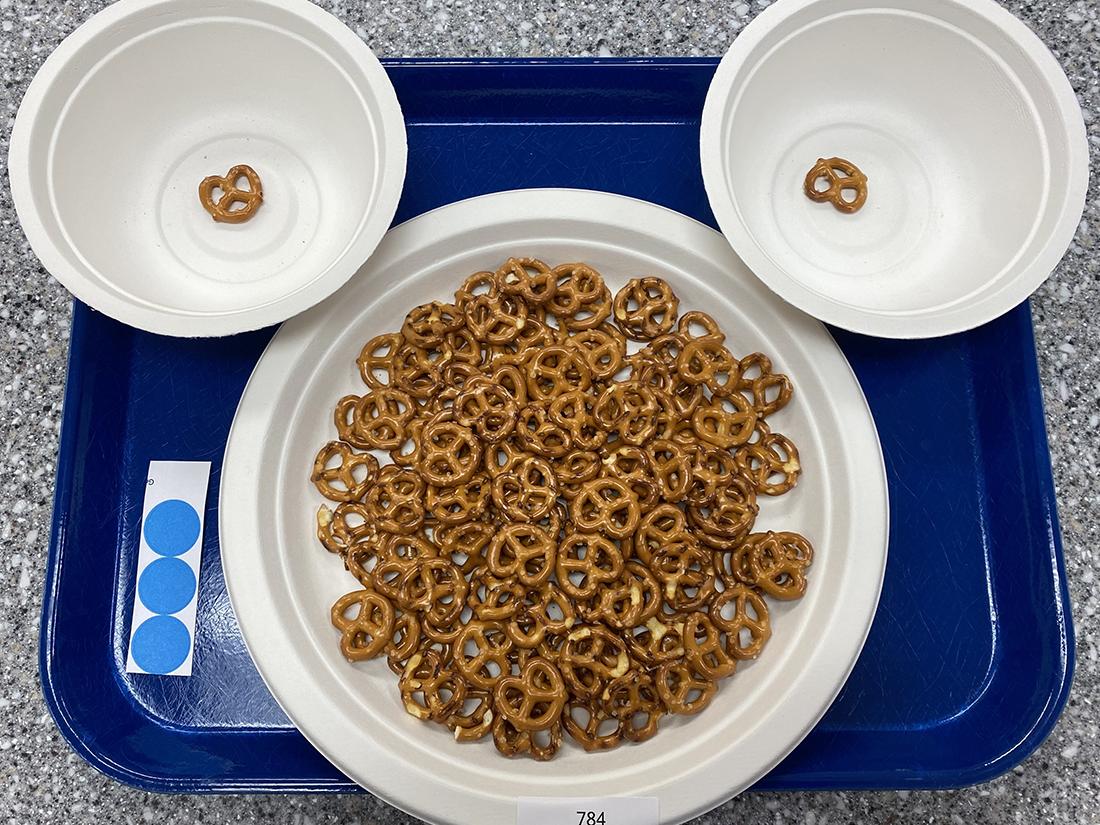2024-04-05 カリフォルニア大学サンディエゴ校(UCSD)
<関連情報>
- https://today.ucsd.edu/story/a-deep-dive-into-the-genetics-of-alcohol-consumption
- https://www.thelancet.com/journals/ebiom/article/PIIS2352-3964(24)00121-X/fulltext
300万人以上からなる多様なコホートにおけるアルコール使用バリアントのフェノームワイド関連とメンデルランダム化研究 A phenome-wide association and Mendelian randomisation study of alcohol use variants in a diverse cohort comprising over 3 million individuals
Mariela V. Jennings,José Jaime Martínez-Magaña,Natasia S. Courchesne-Krak,Renata B. Cupertino,Laura Vilar-Ribó,Sevim B. Bianchi,et al.
eBioMedicine Published:April 04, 2024
DOI:https://doi.org/10.1016/j.ebiom.2024.105086

Summary
Background
Alcohol consumption is associated with numerous negative social and health outcomes. These associations may be direct consequences of drinking, or they may reflect common genetic factors that influence both alcohol consumption and other outcomes.
Methods
We performed exploratory phenome-wide association studies (PheWAS) of three of the best studied protective single nucleotide polymorphisms (SNPs) in genes encoding ethanol metabolising enzymes (ADH1B: rs1229984-T, rs2066702-A; ADH1C: rs698-T) using up to 1109 health outcomes across 28 phenotypic categories (e.g., substance-use, mental health, sleep, immune, cardiovascular, metabolic) from a diverse 23andMe cohort, including European (N ≤ 2,619,939), Latin American (N ≤ 446,646) and African American (N ≤ 146,776) populations to uncover new and perhaps unexpected associations. These SNPs have been consistently implicated by both candidate gene studies and genome-wide association studies of alcohol-related behaviours but have not been investigated in detail for other relevant phenotypes in a hypothesis-free approach in such a large cohort of multiple ancestries. To provide insight into potential causal effects of alcohol consumption on the outcomes significant in the PheWAS, we performed univariable two-sample and one-sample Mendelian randomisation (MR) analyses.
Findings
The minor allele rs1229984-T, which is protective against alcohol behaviours, showed the highest number of PheWAS associations across the three cohorts (N = 232, European; N = 29, Latin American; N = 7, African American). rs1229984-T influenced multiple domains of health. We replicated associations with alcohol-related behaviours, mental and sleep conditions, and cardio-metabolic health. We also found associations with understudied traits related to neurological (migraines, epilepsy), immune (allergies), musculoskeletal (fibromyalgia), and reproductive health (preeclampsia). MR analyses identified evidence of causal effects of alcohol consumption on liability for 35 of these outcomes in the European cohort.
Interpretation
Our work demonstrates that polymorphisms in genes encoding alcohol metabolising enzymes affect multiple domains of health beyond alcohol-related behaviours. Understanding the underlying mechanisms of these effects could have implications for treatments and preventative medicine.
Funding
MVJ, NCK, SBB, SSR and AAP were supported by T32IR5226 and 28IR-0070. SSR was also supported by NIDA DP1DA054394. NCK and RBC were also supported by R25MH081482. ASH was supported by funds from NIAAA K01AA030083. JLMO was supported by VA 1IK2CX002095. JLMO and JJMM were also supported by NIDA R21DA050160. JJMM was also supported by the Kavli Postdoctoral Award for Academic Diversity. EGA was supported by K01MH121659 from the NIMH/NIH, the Caroline Wiess Law Fund for Research in Molecular Medicine and the ARCO Foundation Young Teacher-Investigator Fund at Baylor College of Medicine. MSA was supported by the Instituto de Salud Carlos III and co-funded by the European Union Found: Fondo Social Europeo Plus (FSE+) (P19/01224, PI22/00464 and CP22/00128).


